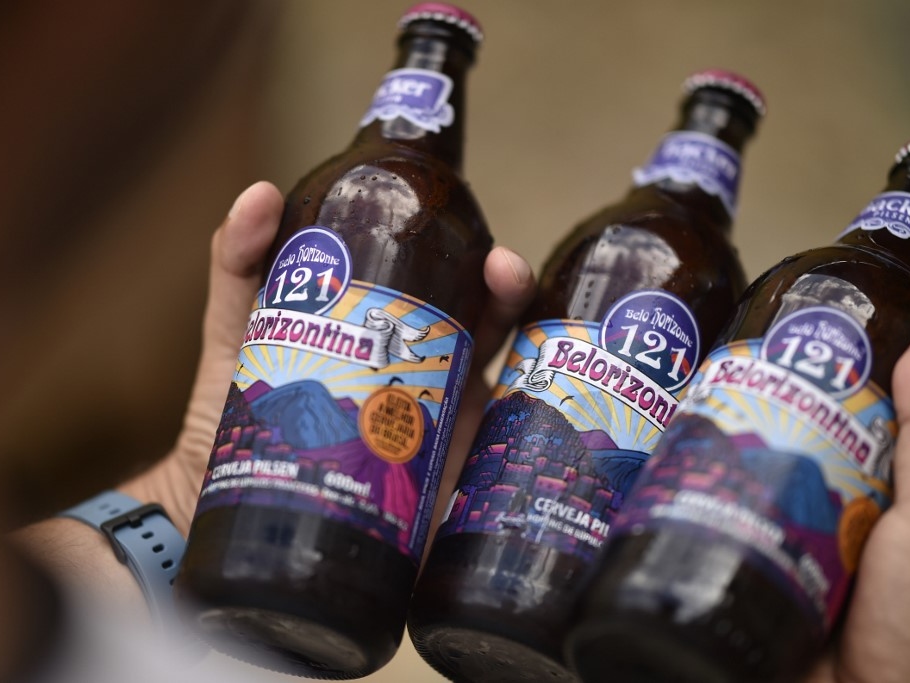RIO DE JANEIRO, BRAZIL – The 14 patients hospitalized with suspected diethylene glycol intoxication after drinking Backer’s Belorizontina beer are in critical condition and are at risk of death, according to the Minas Gerais State Health Secretariat.
All are hospitalized in Belo Horizonte’s private hospital network. So far, there have been 18 reports of potential intoxication by the substance, with four deaths, three suspected and one confirmed.

The number of reports could increase, according to Felipe Laguardia, the State Superintendent of Surveillance and Health. Belo Horizonte’s Health Surveillance is monitoring 16 other people who sought out the municipal health network saying they drank Belorizontina.
Lúcia Paixão, the city government’s director of epidemiological surveillance, said that with the onset of intoxication cases, there has been an increase in demand for basic health units and also for emergency care. However, this increase has not been given a percentage.
The 14 patients are being treated with the antidote for diethylene glycol, also called ethanol. The investigations also pointed to the presence of mono ethylene glycol in Backer’s production and in the brewery’s plant.
However, according to the Health Secretary of State, all intoxications were for the diethylene glycol. Both substances are highly toxic – both cause severe kidney damage. In regard to neurological complications, diethylene glycol is a little milder.
Symptoms
Patients also exhibited blindness, loss of top-down movement and facial paralysis. The initial symptoms, abdominal pain, and vomiting begin to occur within 72 hours of the ingestion of the toxic substance.
The State Superintendent of Surveillance and Health said all incoming suspected cases are submitted for examination and only after contamination by diethylene glycol is confirmed will they be added to the list of reports.
Health officials urge people who have their beer at home not to dispose of it. In the case of Belo Horizonte, the handover should be done in the capital’s regional administrations. As for bars and restaurants, it is recommended that establishment owners should contact the company.
The Belo Horizonte City Hall has identified irregular disposal of beer bottles, according to the Superintendency of Urban Cleaning (SLU), in charge of garbage collection in the city. “There is a risk of consumption of the beverage by people in a more vulnerable situation, as a result,” explained Lúcia Paixão.
The Secretariat of State for Health is negotiating with the Civil Police to transfer technology to the police for tests in the public network to identify the presence of diethylene glycol, today exclusive in the state.
The National Health Surveillance Agency (Anvisa) has banned all beers produced by Backer whose expiration date is equal to or after August 2020. The measure was announced on Friday, January 17th.
The decision was taken after laboratory results released by the Ministry of Agriculture, Livestock and Supply revealed the presence of the substances diethylene glycol and monoethylene glycol in six other brands of beers produced by Backer, in addition to the brand Belorizontina.

